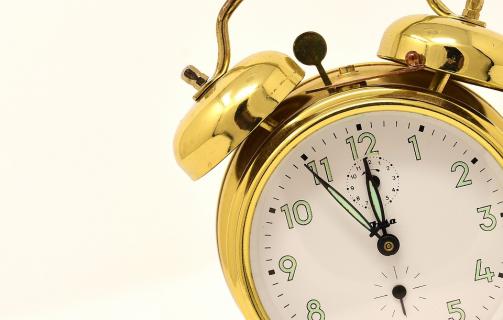
by Corey Dahl
Feeling groggy? Disoriented? You could blame Daylight Savings Time or down an espresso, but maybe what you really need is a hit of memoir.
"I think that creating a story about your experiences involves waking up," says Lighthouse instructor. "You wake up to both how you've lived your life <em>and</em> you wake up to the power of story. Writing a story, even one about your own messy life, can show you things too important to keep unconscious."
<img class=" wp-image-8585 alignright" src="http://watchroom.lighthousewriters.org/wp-content/uploads/807-brad-west-resize.jpg" alt="807-Brad West-Resize" width="221" height="221" /> Brad West
Brad is getting ready to teach two memoir classes for our spring session. <a href="https://lighthousewriters.org/workshop/detail/id/1376">Reading as a Writer: Memoir as Awakening</a> will examine the works of Lidia Yuknavitch, Alexandrea Fuller, and Emily Rapp Black (all of whom will be at Lighthouse for Lit Fest this June). And his <a href="https://lighthousewriters.org/workshop/detail/id/3">Advanced Memoir and Narrative Nonfiction</a> course will help experienced writers hone their storytelling skills.
Here, Brad answers a few questions about memoir writing, his upcoming classes, and the one thing he'd like all his students to know.
<strong>Q.</strong> What drew you to memoir writing?
<strong>A.</strong> I've always written personal narrative, a lot of journalism and essays written in first person about people and places around the world. So writing memoir felt familiar. When i began traveling to Israel and Palestine, I thought I was going to write about a psychological phenomenon called Jerusalem Syndrome, a type of temporary schizophrenia that causes people to believe and act as if they are the Messiah. Instead, I found myself writing about my travels in the footsteps of Jesus and other people who fit the title of messiah. I discovered that the more I wrote about my experiences, the better I understood them.
<strong>Q.</strong> You’re teaching a class that looks at three important female memoir writers—Yuknavitch, Fuller, and Rapp Black. Why those three writers? What topics will the class cover?
<strong>A.</strong> We will focus a lot on voice. What are the ways each writer plies craft techniques in the creation of their voice? What are the things that we writers can take away from their work to use in our own writing. We will be looking to beg, borrow, and steal from these important writers. How can we be more raw, like Yuknavitch? How can we write scenes full of action and emotion, like Fuller? How can we be more honest, in the vein of Rapp Black?
<strong>Q.</strong> If your students take away just one thing about memoir writing this session, what would you like it to be?
<strong>A.</strong> I'd love for students to learn that a memoir is just a story. Yes, it resembles a life. And, yes, it's about the author. But it's also not about the author. It's about a narrator you create. And it's about the narrator becoming something. It's about how the narrator more fully becomes ... the narrator. It's why I call the Reading as a Writer class Memoir as Awakening.
<em>Spots are still available in Brad West’s <a href="https://lighthousewriters.org/workshop/detail/id/3">Advanced Memoir</a> and <a href="https://lighthousewriters.org/workshop/detail/id/1376">Reading as a Writer: Memoir as Awakening</a>. Classes start next week! </em>

